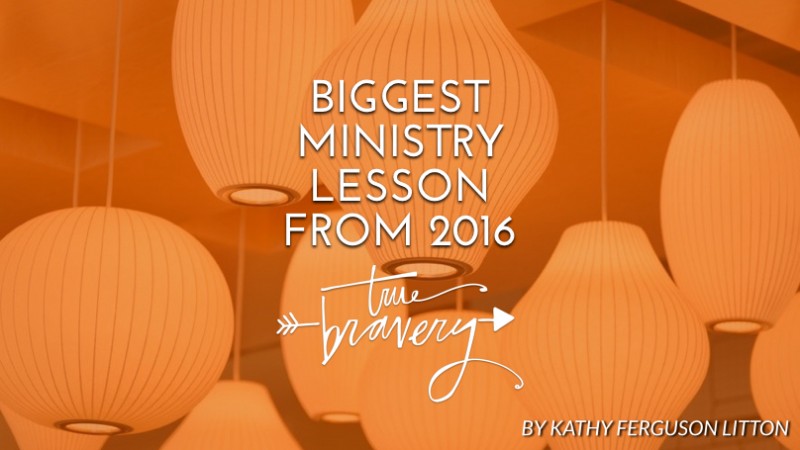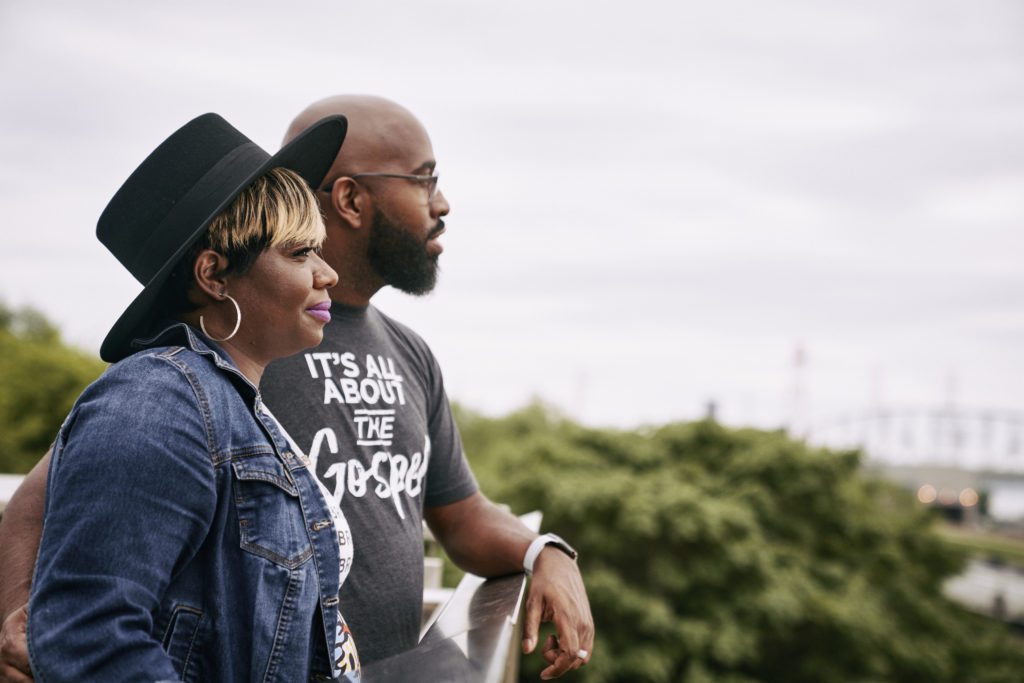Flourish unintentionally started a New Year’s tradition by discussing valuable lessons learned in the previous year. Each new year we select a theme from significant news stories, cultural trends or spiritual observations to create a blog series.
These words by John R. Stott have deeply impacted me with his term “double listening”. He coined this unique phrase in his book, The Contemporary Christian. He said, “By double listening, I mean listening, of course, to God and to the Word of God but listening to the voices of the modern world as well. In listening to the modern world, we are not listening with the same degree of respect as that with which we listen to the voice of God. We listen to the modern world in order to understand its cries of pain, the sighs of the oppressed … relevant communication grows out of this process of double listening.”
We listen to the modern world in order to connect with understanding and dialogue in relevant meaningful ways.
The year 2016 left us with much to listen to. The year was full of cultural tumult on dozens of issues. There were many lessons to be learned in the year that just ended, yet there has been a re-occurring theme often repeated in one word—brave.
Brave: ready to face and endure danger or pain; showing courage. Synonyms: courageous, heroic, bold, fearless, daring, audacious (oxforddictionaries.com)
We have many courageous heroes that model bravery. Martin Luther King Jr. was brave. Rosa Parks was brave. The 27-year old teacher, Victoria Soto, was brave when she shielded her students during the Sandy Hook shooting and was fatally shot. Aung San Suu Kyi, a Burmese politician who lived as political prisoner for most of 20 years, was brave. Kyi was finally released for good in 2010 and became leader of the country.
Each person reflected the real meaning of the word “brave.” Yet culture appears willing to apply the use of this word liberally. The term “bravery” is hardly recognizable anymore.
We see this word, or one of its derivatives, showing up at ESPN Awards or on Instagram as noted celebrities used “brave” to describe themselves in bikini photos. The frequency of the word—and perhaps misuse of it—has caused even the LA Times to suggest our need to reassess the word “brave.”
What about women of faith? The verbiage for bravery is popping up more frequently in our tribe as well. Women’s conference, songs, books and endless Instagram pics all seem to flaunt the word “brave.”
Yes, bravery is trending. It’s trending everywhere.
Does the Bible discuss bravery? Yes it does but not always in the direct use of the word “brave”. Instead, bravery is often an overlap of words and concepts. The word “brave” in Greek translation is, tolmáō , found in several places in the Bible.
“Most of the brethren in the Lord, having become confident by my chains, are much more bold to speak the word without fear” (Philippians 1: 14 NKJV). It shows up again in John 21 when Jesus said to His disciples, “’Come and have breakfast.’ None of the disciples dared ask Him, ‘Who are You? ’ because they knew it was the Lord” (John 21:12 HCSB).
The Greek “tolmáō” is defined in Strong’s Greek Dictionary as”bold courage”) – properly, to show daring courage necessary for a valid risk (“putting it all on the line”); courageously venture forward by putting fear behind and embracing the fruit that lies ahead for taking a necessary risk.
As women of faith—followers of Jesus Christ—we are called to bravery, to show daring courage and to be willing to take necessary risks.
If we are going to be brave, we must be brave about things that are eternally true—not a passing cultural trend or in making bold fashion statements. This is why we are calling our biggest ministry lesson from 2016, “True Bravery.”
This lesson is a call for us to show daring courage to take necessary risks for things eternally true which are found in the gospel of Jesus Christ. We recognize the spiritual stakes are high and, frankly, far too often we have been less than brave. It is time we demonstrate a bold courage and willingness to “put it all on the line for Christ.”
“Watch, stand fast in the faith, be brave, be strong. Let all that you do be done with love” (I Cor. 16:13-14).
In the opening weeks of 2017, we will have diverse conversations about where and how we should express “True Bravery.” Please take the journey with us, sisters, as we discuss what that looks like for believing women and leaders who hope to be catalysts for the gospel in an increasingly dark world.
Stayed tuned for next blog: Four marks of true bravery.
Published January 9, 2017



